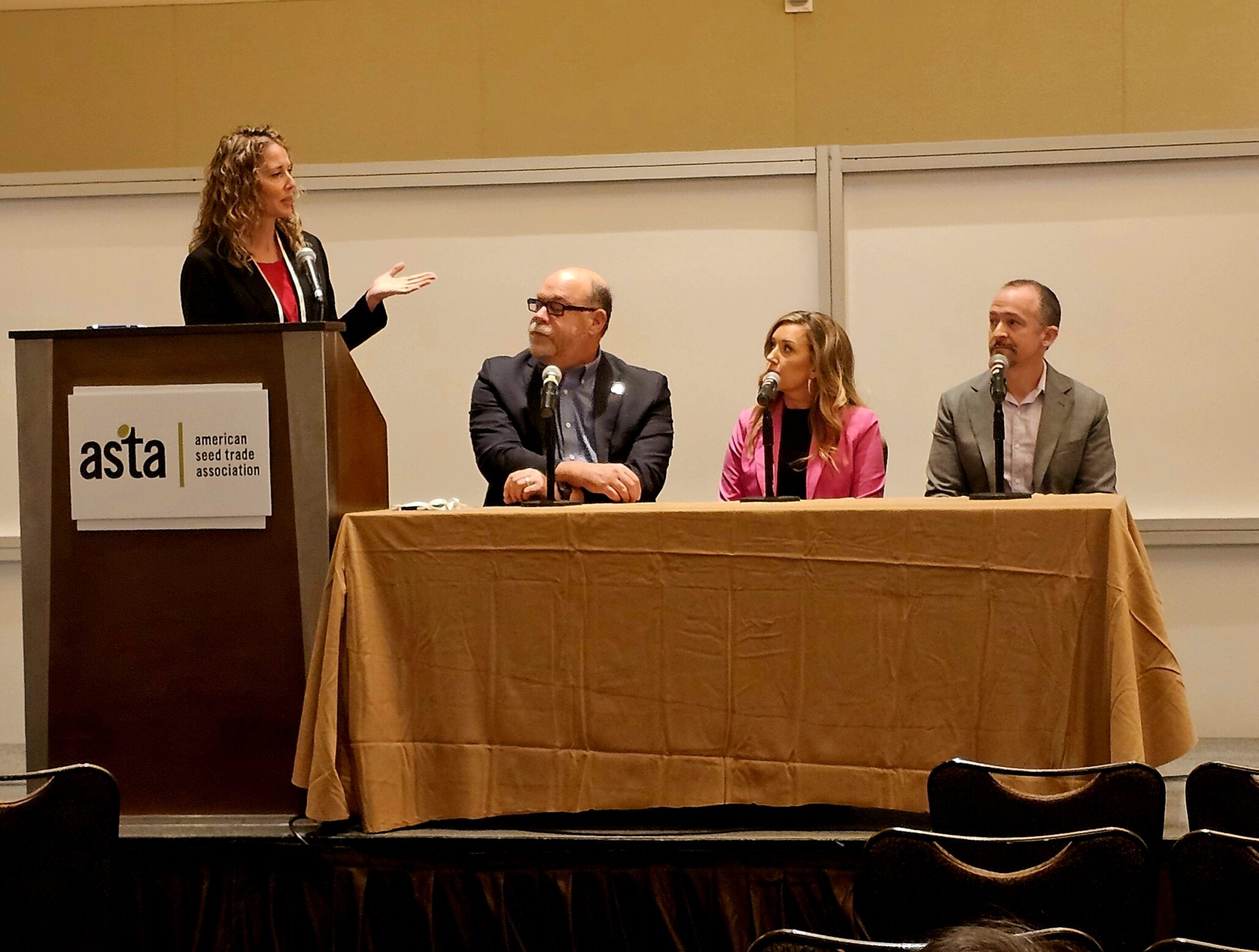Instead of heading to the library to check out a book, why not check out some seeds?
Imagine heading over to your local library. Usually, most people visit their libraries to check out a book, read it and return it. But, what if one day you stumbled on a section in your library with a new feature — a seed catalog. Instead of browsing through sections and genres of books, you could explore flower seed, vegetable seed … You have now discovered the wonderful world of the seed library.
This isn’t some piece of science fiction. Seed libraries are spreading throughout the United States, and even into other parts of the world under different names, but with the same idea. You grow something, you save the seed and you give it back to your community.
In the United States, the idea of a seed library is exactly like a public library. You head over, pick out the seeds you’d like to grow and check them out. After you successfully grow them, you set aside some of the seeds and package them back up. Then, you take them back to the seed library and “check” them back in.
“Seed libraries have been around about 15 years or so,” says Pat Miller, director of state government affairs at the American Seed Trade Association. “It’s a great way for people to get involved with gardening. More people getting interested in seeds is great.”
“When I first got involved in seed libraries, we thought they would run out of seed,” says Bill McDorman, executive director of the Rocky Mountain Seed Alliance. “Oftentimes, there’s no limit on the amount of seeds you can check out, so you can check out a lot of seeds at once.”
McDorman says he was surprised from his experience with seed libraries. Half the battle is getting seeds turned back in.
According to an amendment in the Recommended Uniform State Seed Law, which is a model guideline for state seed laws developed by the Association of American Seed Control Officials and key stakeholders, seed libraries cannot create the expectation that seeds must be returned in exchange for receiving seeds.
“The intention in that particular language was ‘Okay, you can have this, but you can’t say because you check out seed you have to bring back seeds,'” Miller says. “But the reality is, if people have seed left over, it’s easy to give back and share their seeds.”
However, that usually isn’t a major problem for seed libraries. Even if people who check out seeds don’t return saved seeds, seed libraries manage to get seeds from other means.
“A lot of smaller seed companies who want to serve local needs donate seeds at the end of the year that weren’t sold,” McDorman says. “Then, seed libraries have plenty of seeds to get started with.”
The Rocky Mountain Seed Alliance looks to help people learn how to save seeds so that they can donate back to seed libraries. Through their Seed School program, the Rocky Mountain Seed Alliance steps up to teach their students how to save seeds, which is valuable when it comes to seed libraries.
“Seed saving isn’t a dark, scary forest. In fact, 99% of breeding took place before they even heard about Mendel,” McDorman says. “Our Seed School is based on that. We need to have plants that work for us where we are, and to do that, I think we just need to reawaken our sense of playfulness. What’s the worst thing that can happen when you make a mistake in your backyard? You can eat the mistake!”
McDorman says the best part of saving seeds for libraries is that you not only get the saved variety that could be extremely old, but also the story behind it.
“One variety in our local seed library is Mrs. Burn’s lemon basil, which her family brought to Tuscon, Arizona, when they moved, and they have saved for over 100 years,” he says. “Now there’s a place you can take saved seeds when you don’t use them — you can take them to your local seed library.”
Miller and McDorman both agree that the real place seed libraries excel is getting children interested in seed.
“One of the things Rebecca Newman, the founder of the first seed library in a public library, discovered is that children got really involved,” McDorman says.
“Seed libraries get children both into seed and more involved at their local library,” Miller says. “They’ll see seeds in the library and think it’s really cool to start working with.”
McDorman quotes famous ballplayer Yogi Berra and says that we can’t predict what will happen in the coming years.
“We don’t think seed libraries are a fad,” he says. “It’s growing exponentially every year. There’s 600 worldwide, and 82 in our Rocky Mountain Seed Alliance membership.”













